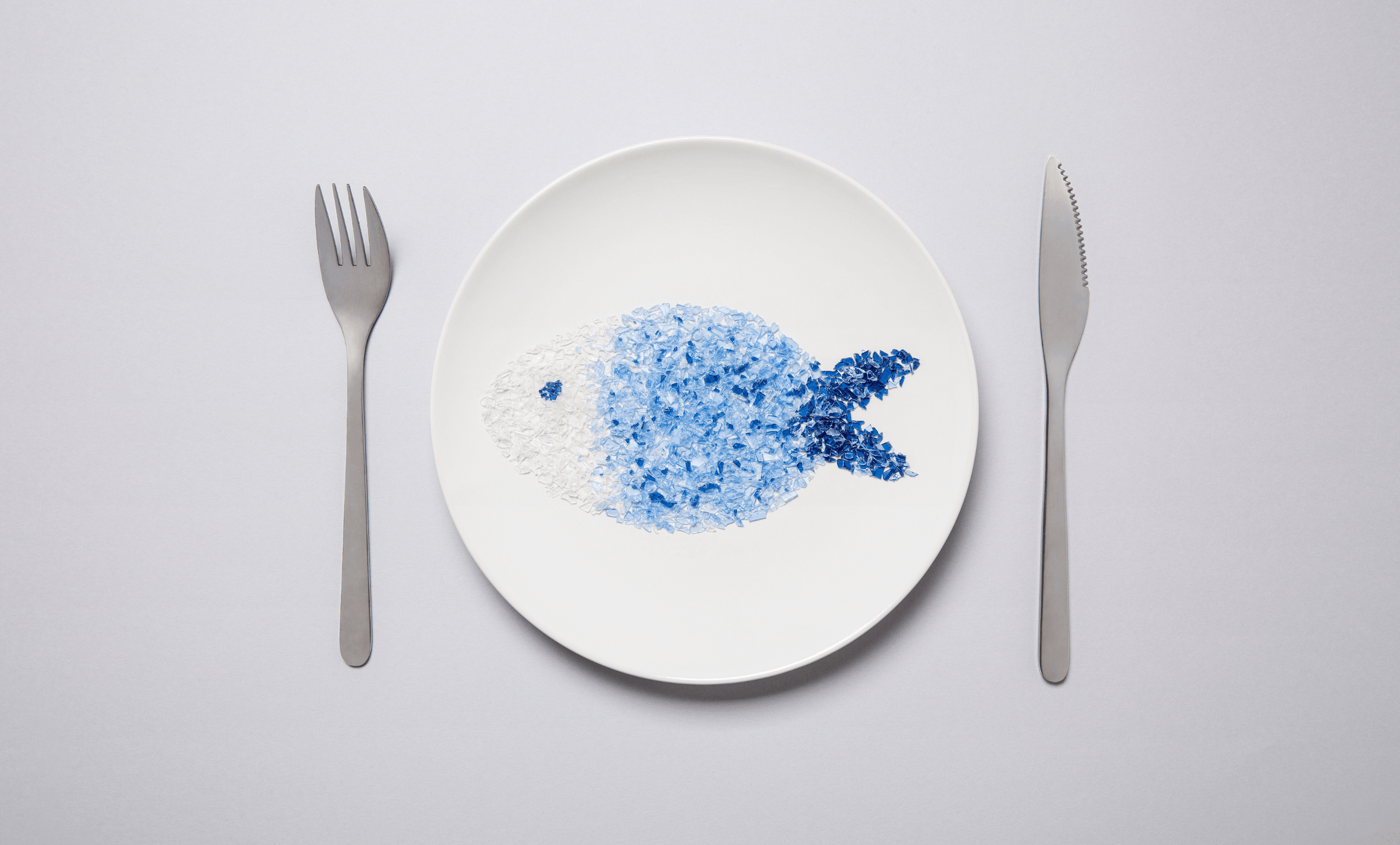With the increase in global plastic production, whose peak is expected to occur in 2027, it has become increasingly difficult to prevent microplastics - plastic particles smaller than 5mm - from entering the various ecosystems of our planet. Today, we can find this type of waste in our oceans, rivers, soil and even in the air, which makes this problem not only alarming for the health of the Earth, but also for the human health.
According to estimate of the United Nations Organization, about eight million tons of plastic end up annually in our oceans and, the vast majority of them, eventually turn into microplastics, these microplastics can be found in a vast array of environments and originate from various sources, including personal hygiene products, synthetic fabrics, plastic waste, and worn-out tires.
But, after all, what are the risks to human health? When ingested by marine animals, for example, microplastics can accumulate along the food chain and reach our plate, causing damage to our nervous, hormonal, and immune systems. Furthermore, microplastics have also been detected in rain, which means that, even unconsciously, we are breathe in these residues.
Fortunately, there are measures that can be taken to address this major problem. First of all, it is important reduce the amount of plastic produced and used. This measure is increasingly observed in certain countries, such as Portugal, where packaging and other types of single-use plastic products have begun to be replaced by more eco-friendly alternatives, whether they are made of paper, bamboo, wood, etc. On the other hand, public policies that encourage recycling can also be adopted, such as, for example, a tax on this category of products. It is also very important to support projects of awareness of the population on this topic, but the effort must come, at the same time, from the industry, which, as we mentioned in the our World Water Day article, is one of the main causes of ocean pollution.
Moreover, it is extremely important to strengthen the inspection and monitoring of the presence of microplastics in various ecosystems, with the aim of better understanding this problem and developing new solutions, such as waste treatment technologies capable of removing microplastics from different materials.
In conclusion, how reported by World Economic Forum, in May of this year will be conducted a new negotiation about the UN Plastics Treaty, the global treaty against plastic pollution, which represents an opportunity to review measures and policies adopted regarding this problem and it is necessary that governments, companies, and society work together to address this urgent issue by adopting more sustainable practices regarding the use of plastic.
The Digiplanet has as its main mission to help the planet and, by developing an activity aligned with environmental protection, where recycling is the main aspect, helps reduce the amount of microplastics that end up in our ecosystems and, thus, contributes to building a more sustainable and conscious world, promoting the circular economy and reducing the environmental impact of human activity.


Share this article:
Is macOS better than Windows?
The explosion of TikTok